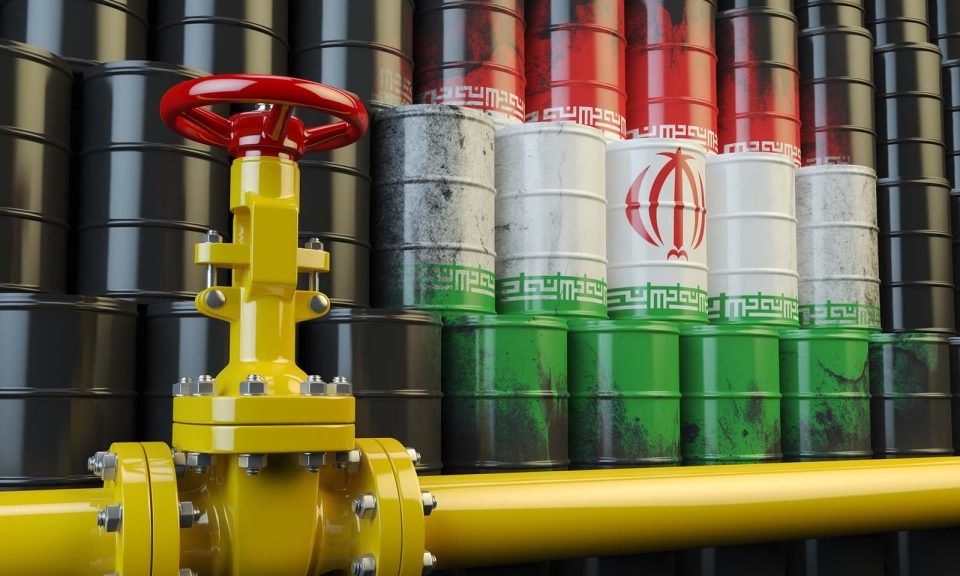New Delhi’s approach towards U.S. sanctions not in India’s national interest: Experts

India has come under blistering criticism for reportedly buckling under the enormous U.S. pressure over import of crude oil from Iran. India, along with China and Turkey, are three largest buyers of Iran’s oil. Unlike India, Ankara and Beijing, in a rebuke to the U.S., have refused to cut oil imports from Tehran.
Some prominent Indian energy experts, interviewed by Sputnik, maintained that New Delhi’s approach towards U.S. sanctions was not in India’s national interest. Narendra Taneja, a leading energy expert, said Indian companies should continue to import oil from Iran.
“Buying oil is a commercial activity and Indian oil importers should continue to import from Iran if ships are available from international ship-owners and oil shipments can find insurers,” he said.
Arvind Virmani, former chief economic advisor to the Indian government, said India should not lose sleep over the U.S. sanctions and continue business with Iran. “Such sanctions were imposed in the past and India managed it well. India has enough experience to deal with such scenarios,” he stated.
On the question whether India was looking to abandon the ambitious Chabahar project, Taneja said Chabahar was a strategic project for both India and Iran. “For New Delhi, India's national interests come first and should come first,” he said. Virmani said the port was “critical to Afghanistan and important for many countries,” including India and Iran.
Amit Bhandari, energy specialist at Indian think tank Gateway House, maintained that Chabahar is being developed by a Special Purpose Vehicle — India Ports Global, which is owned by two Indian government firms, so project development is not likely to stop, even though it may get delayed. “The Chabahar Port already gets traffic of 8-10 ships every month, versus 1 ship/month for nearby Gwadar,” he said.
A few days ago, Russian Institute of Strategic Studies expert Azhdar Kurtov, in an interview with Sputnik, had said the U.S. warning to its allies to end Iranian oil imports by November was meant to allow Washington to fill the gap and “check the economic growth in the developing countries,” especially in China and India.
New Delhi initially said they do not recognize unilateral sanctions imposed by Washington, and only recognize UN sanctions. However, everyone was taken aback when India's oil ministry reportedly asked refiners to prepare for a “drastic reduction or zero” of imports of Iranian oil starting in November.
Leave a Comment